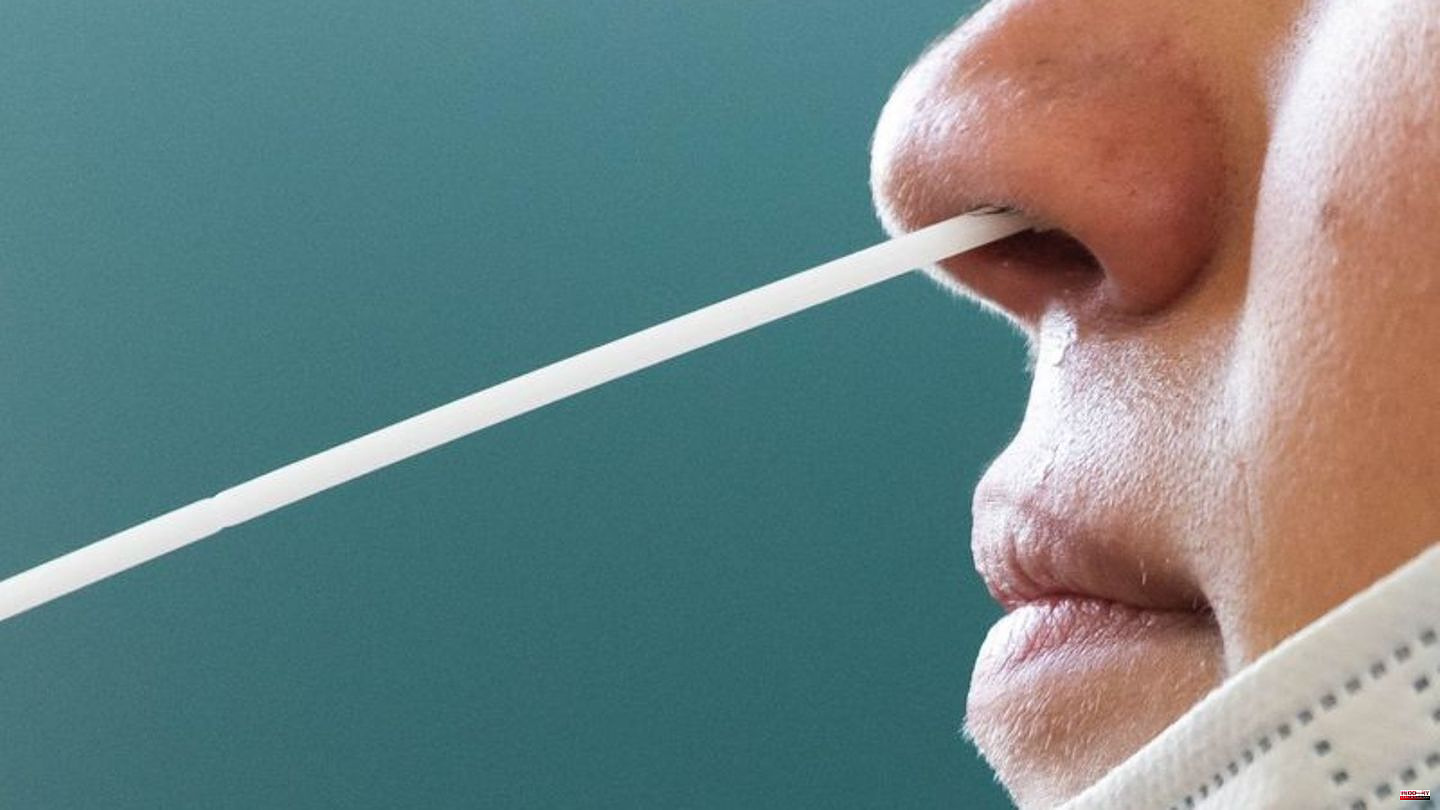In the corona pandemic, the Jena infection doctor Mathias Pletz expects many Covid 19 diseases that can be treated on an outpatient basis in autumn and winter. However, these could also push the health system and other critical infrastructure to the limits - especially since other infections such as flu or other respiratory diseases are increasing again after a pandemic of more than two years, said the doctor from the Jena University Hospital of the German Press Agency. "The problem is staff shortages."
According to the physician, the recently discovered new subline is BQ.1.1. the omicron variant was also detected for the first time in Thuringia a few days ago. This is considered the so-called immune escape variant. This means that the viral genome has changed so that it evades antibodies from vaccinated and recovered people better. Personal responsibility and solidarity when protecting against infections are all the more important, emphasized Pletz, who is director of the Institute for Infectious Medicine and Hospital Hygiene at the University Hospital.
This applies in particular to wearing protective masks. "They not only protect against corona, but also against respiratory infections caused by other pathogens." Mouth and nose protection hardly restricts individual freedom, but is very effective. The Asian countries are a role model for Pletz. People there wear masks every year during cold season. "It's also a question of courtesy there."
In Germany, the first clinics are again reporting a tense corona situation. The German Hospital Society has demanded a return to wearing masks indoors. Their introduction is a matter for the individual federal states. Thuringia's Health Minister Heike Werner (left) is promoting the voluntary wearing of masks. Pletz also prefers voluntariness to an obligation.
According to him, older people in particular who have not yet received the second booster vaccination are currently being treated in hospital. This shows how important the second booster is, especially for this age group. "Anyone over the age of 60 who has not had an infection in the last three months should be boosted - with a vaccine adapted to omicron variants," he advised.












